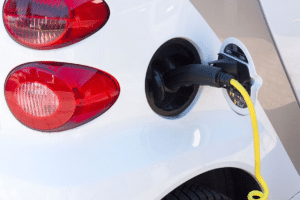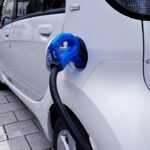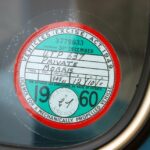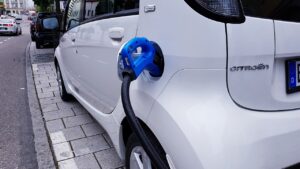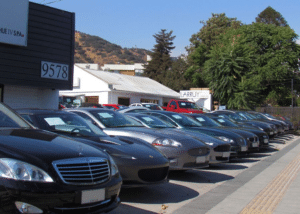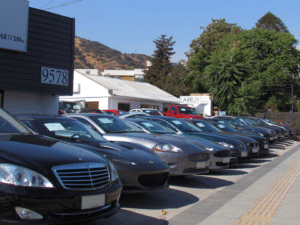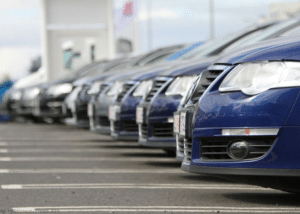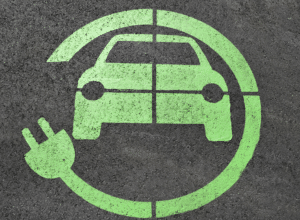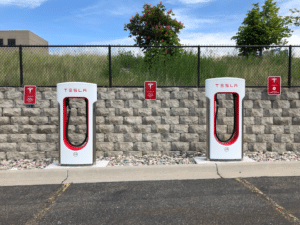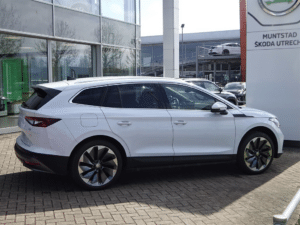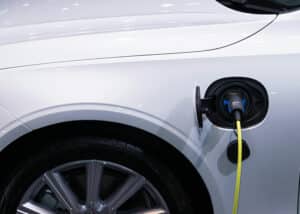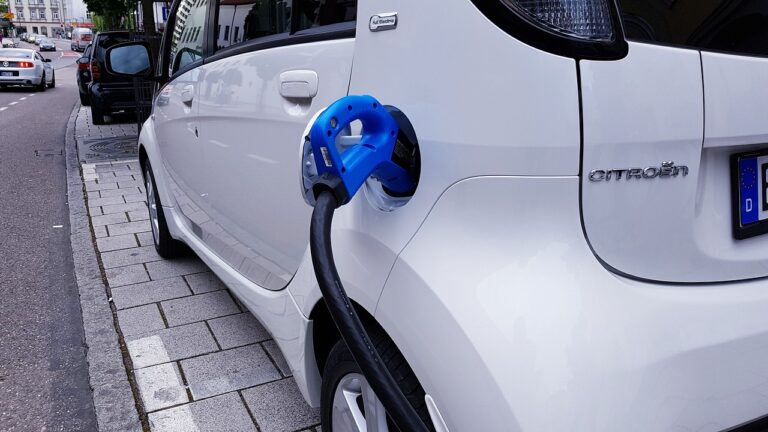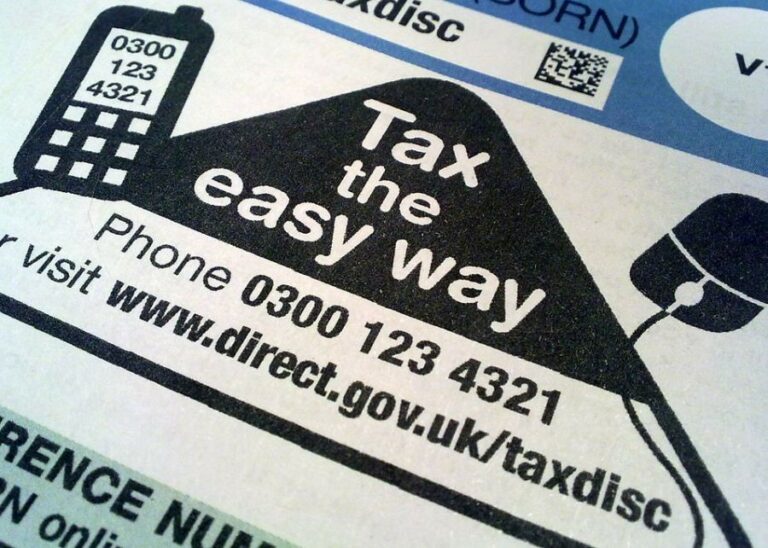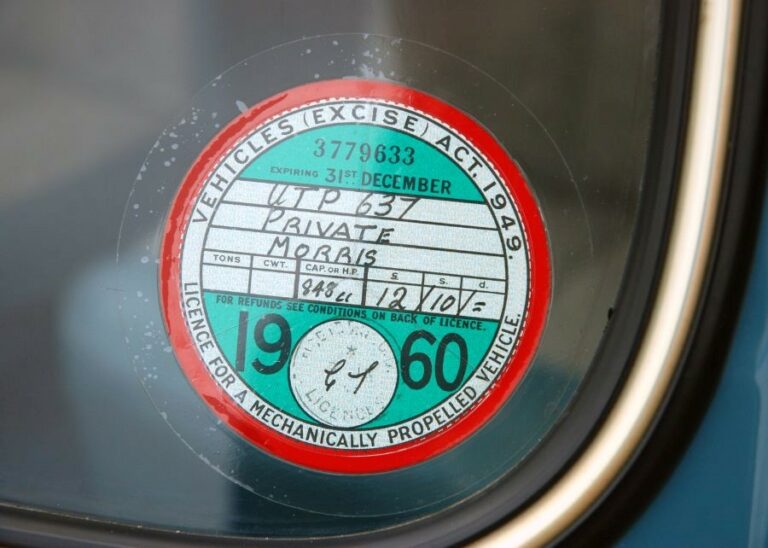Let’s delve into the details right here.
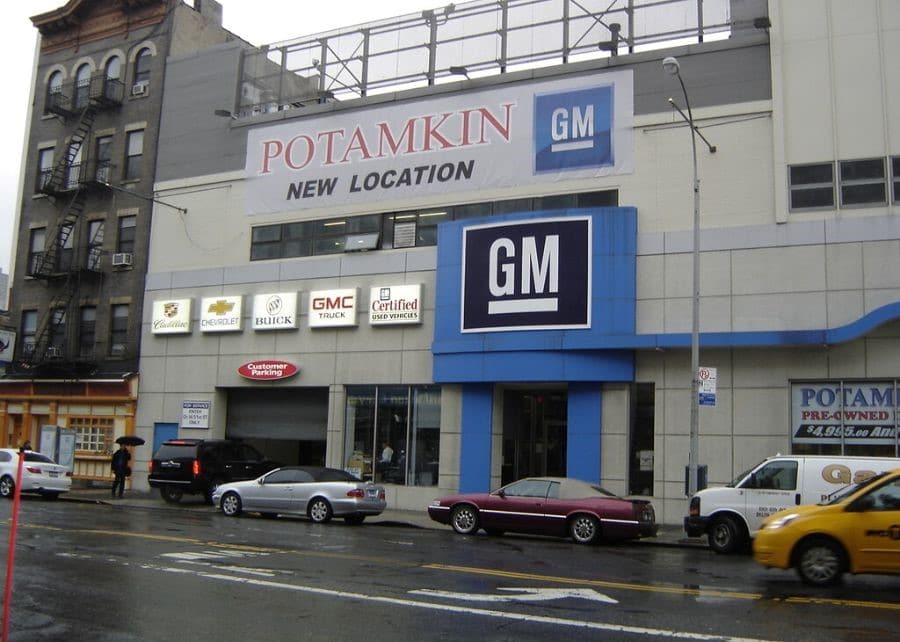
Hydrogen fuel cell cars have not yet taken over the world, but they continue to be a topic of interest and debate in the automotive industry.
CR-V e:FCEV
Honda recently unveiled the production version of its CR-V e:FCEV plug-in. This vehicle is powered by a fuel cell system developed by the GM-Honda joint venture. It boasts a range of 372 miles on a full tank of hydrogen, along with an additional 37 miles of battery range, according to the WLTP test cycle.
Fuel Cell System
Honda claims that this is the first time hydrogen fuel cell systems have been produced “at scale”. Fuel cells consume hydrogen and oxygen from the air, producing only electricity, water, and heat as by-products, with no CO2 or toxic emissions. The GM-Honda system produces around 92kW of electrical energy, and the drive motor-generator delivers 174bhp and 229lb ft of torque, according to Orbs.
Reduced Costs
The system’s cost has been reduced by two-thirds compared to the 2019 Honda Clarity FCEV, according to Honda. This reduction is partly due to using less platinum as a catalyst in the cells and benefiting from large-scale production. Additionally, Honda have also stated that the system now offers doubled durability and better resilience to low-temperature operation, addressing historical challenges with fuel cell systems.
While the availability of a hydrogen network is sti in questin, these advancements demonstrate that hydrogen cars are making progress and could play a vital role in our automotive future.
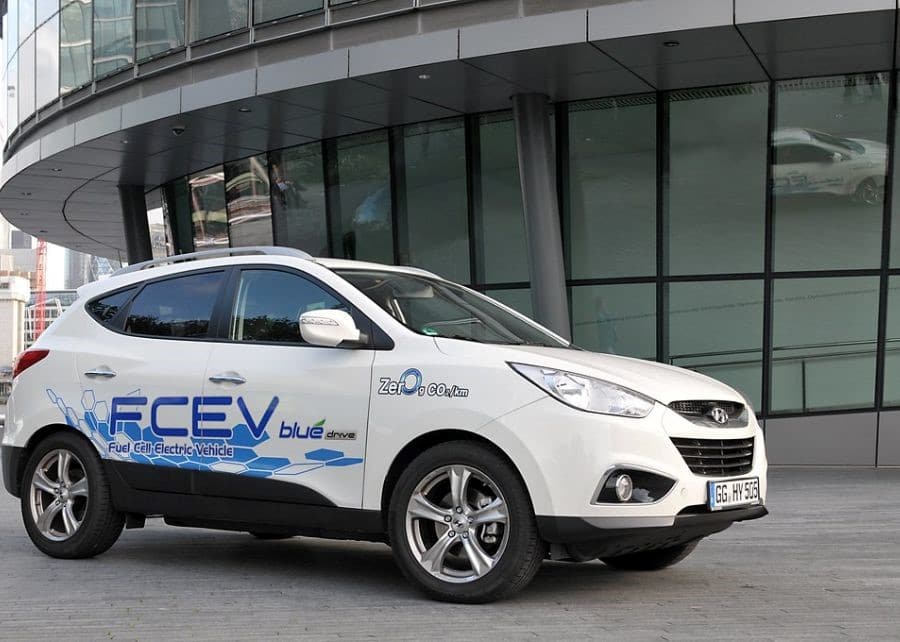
Hydrogen vs. Batteries
While EVs with batteries have gained significant traction, FCEVs have faced challenges. FCEVs use hydrogen to generate electricity, emitting only water vapor as a byproduct. However, they haven’t achieved widespread adoption like battery-powered EVs.
Toyota is a strong advocate for hydrogen, and believes that battery cars will peak at 30%, with hydrogen and internal combustion engines making up the rest, according to The Guardian.
BMW, despite investing in battery technology, is also testing its BMW iX5 Hydrogen fuel cell car using Toyota fuel cells. They recognize that no single technology will be sufficient for global climate-neutral mobility.
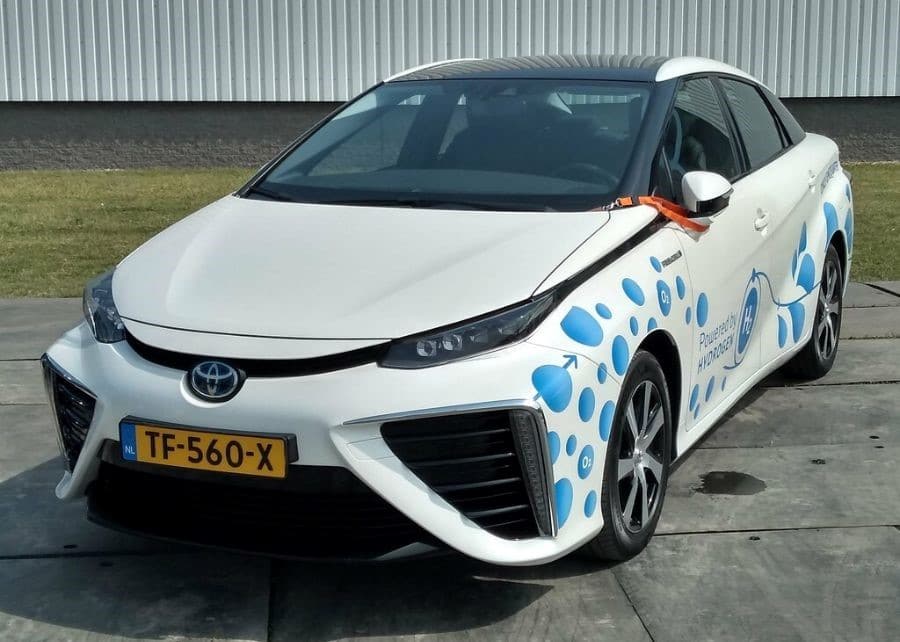
What are the challenges?
- Production: Hydrogen production remains a challenge. While “green hydrogen” from electrolysis (using clean electricity) is emission-free, most hydrogen today is produced by splitting carbon from methane, which emits CO2.
- Infrastructure: FCEVs require a hydrogen refueling infrastructure, which is less established compared to EV charging networks, says Bacancy Systems.
- Cost: Battery technology has seen more rapid advancements, making EVs more accessible and cost-effective.
Overall, Honda and GM’s joint efforts are making significant strides in hydrogen fuel cell technology, and the CR-V e:FCEV demonstrates their commitment to sustainable mobility. Hydrogen fuel cell cars haven’t taken over yet, but they continue to evolve alongside battery-powered EVs, says Climate Portal. Who knows what the future will hold for hydrogen cars, we can’t wait t see.



















